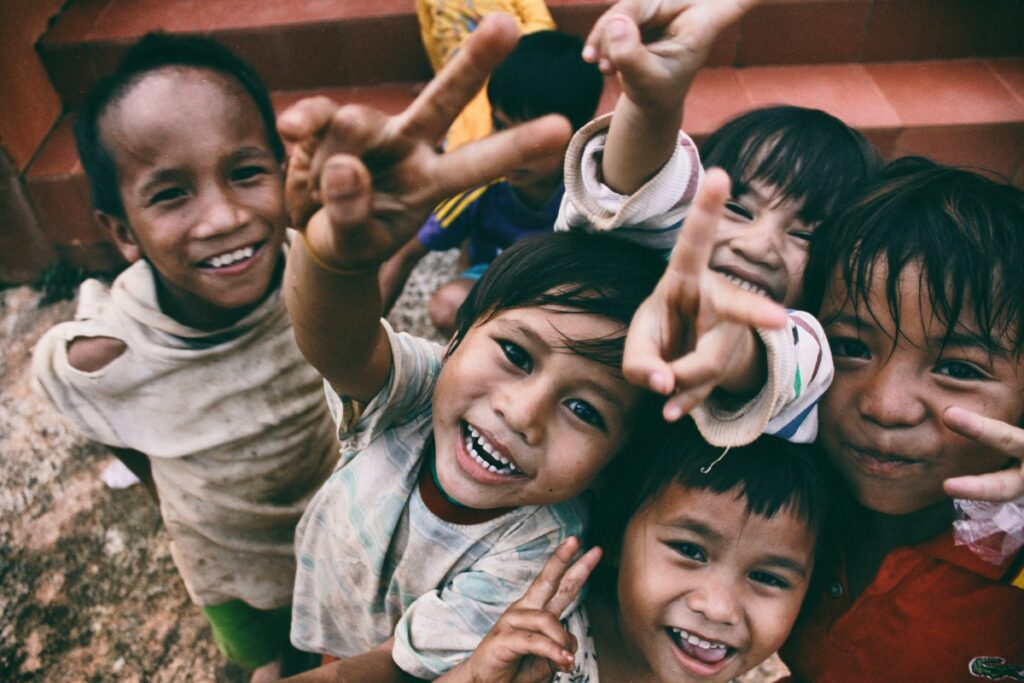
What is Development?
The development of a nation not just only means economic development. It also includes promoting social equality, gender equality, improving quality of life, etc. In a country, it’s not possible for the government alone to effectively undertake such complex development activities. Let’s understand the role of NGOs in development.
So, there arises a need for other groups or organizations to support the government on various fronts. This necessity paved way for the emergence of NGOs. Non-Government Organizations (NGOs) have become a major arm of civil society thus possess a crucial role in the development process of a country.
NGOs abbreviated as Non-Government Organization. Organizations that are best known for one or other of the two main forms of activities. Which is either the delivery of basic services to people who are in real need. As well as organizing public campaigns for a change.
They work on a ‘non-profit’ basis with the principles like social equality, altruism, and human development as their foundations. In India, at present, there are nearly 25,000 NGOs spread across various parts of the country.
Development has always been a complex and a contested term. At one level, the scale of need and the priorities for reducing global poverty and inequality have never before been more clear or stark. The Millennium Development Goals (MDGs) were adopted by the United Nations in 2000.
Aimed out eight clear goals in relation to the challenge of eradicating extreme poverty and hunger, achieving universal primary education, promoting gender equality, reducing child mortality, improving maternal health, fighting diseases such as HIV/AIDS and malaria, ensuring environmental sustainability and developing global partnerships for action.
But at another level, some define ‘development’ as a slippery concept that has no agreed single meaning. It is used by its advocates to denote a positive change. NGOs and development theory change or progress, but also carry the meaning of organic growth and evolution.
Used as a verb, ‘developing’, refers to the activities which are required to bring about such positive change; while as an adjective, ‘developed’ implies a value judgment, a standard against which things can be compared. In other words, poorer countries are still undeveloped or in the process of being developed, while the richer ones have already reached a desired state of development.
Role of Non-Governmental Organizations in developement
Role of NGOs in development with their countless efforts along with the support given by the government. Has been accelerating their development activities by taking up specific issues like Poverty alleviation, human rights, child rights, and discrimination of women rights, child labor, rural development, water and sanitation, environmental issues, etc. Let’s understand the role of NGOs in development.
In the last two decades, NGOs have become significantly proactive in the social sector, development-education, health, etc. NGOs have played a crucial role in sending the school dropouts back to the school especially in rural areas or in the areas of conflict thus upholding the Right to education here arises the role of NGOs in development.
Also the health sector development programs like Leprosy eradication program. Also, blood donation camps along with organ donating programs and programs on eliminating TB, malaria and improving water and sanitation facilities by NGOs have met with huge success.
The greatest success of NGOs could be seen in their achievement in influencing government. To bring out various development-oriented policies,schemes and laws. Few of such laws and policies include: Right to Information, Integrated child development scheme(ICDS), Integrated child protection scheme(ICPS), MNREGA, Juvenile justice, Nirmal gram initiative, Rastriya Swathya Bhima Yojna (RSBY), Various policies on women development, forest and environment development, anti-trafficking, people with disability etc.
Even though NGOs are very highly diverse organizations, but one common mistake is many NGOs does not focus on short-term targets. They devote themselves to long-term issues like climate change, malaria prevention, or human rights. In addition, many public surveys states that NGOs in India most of the times either lacks funds or volunteers.




